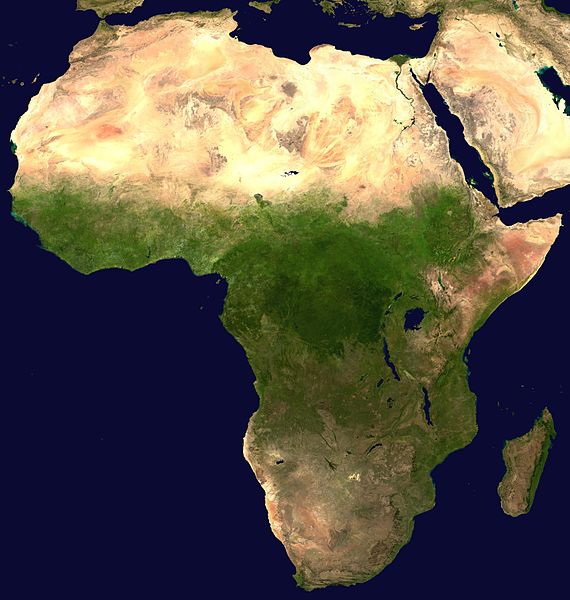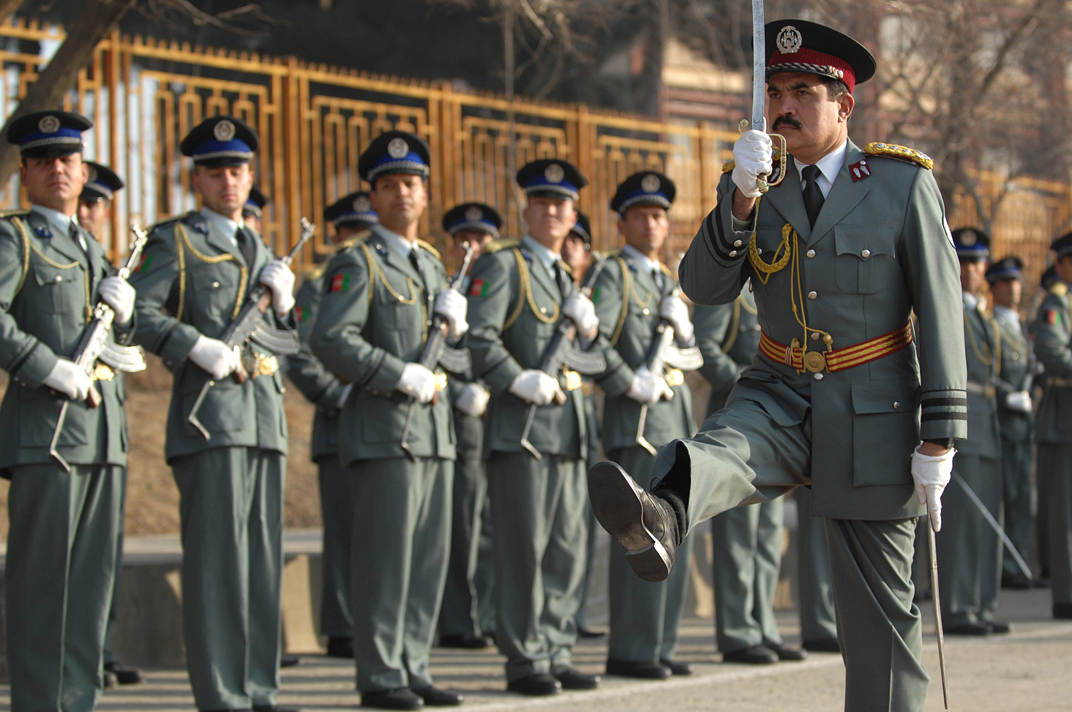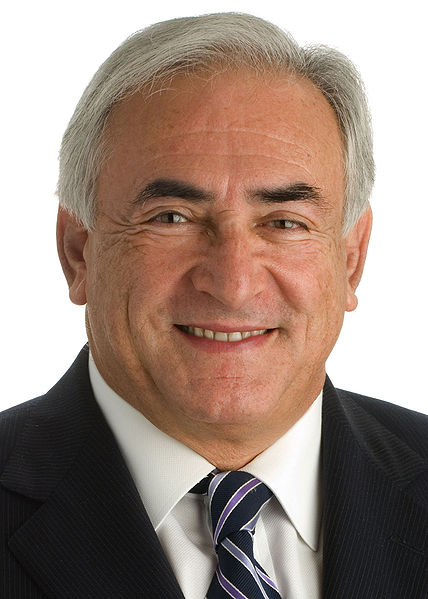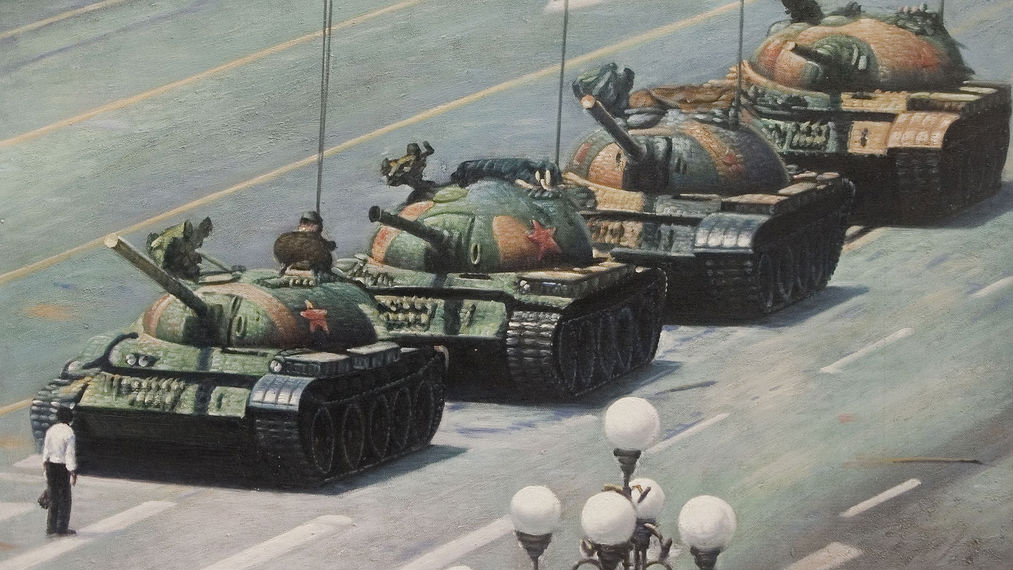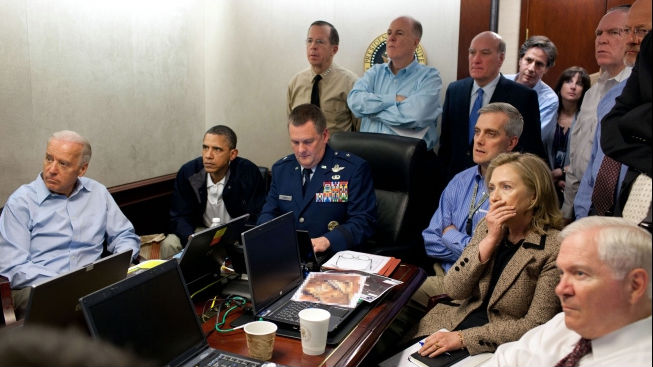Politics & Current Affairs
All Stories
Have you heard about the tech revolution on the African continent? Technological innovation is being seized as a key weapon in the battle to boost prosperity, particularly in Kenya.
Money is pouring into clean-tech ventures as world events force a serious look at alternative energy sources such as solar, wind and electric cars.
French social scientist Emmanuel Todd says the rapid increase in (women’s) literacy, a falling birthrate and a significant decline in the custom of marriage between first cousins are to thank.
In Francis Fukuyama’s new book, the author of the The End of History lays down the conditions required for a nation to become a democracy. He is both worried and optimistic about the future.
While President Obama may see the Arab Spring as a chance to pursue peace between Israel and Palestine, distrust among governments may yet again foil even the best of intentions.
Resolving the conflict between Israel and the Palestinians is one thing that could really make a lasting difference in our relations with the Middle East.
Kandeh Yumkella, Director General of the U.N. Industrial Development Organization asks: Could the changes unfolding in the Arab north usher in an Africa-wide industrial revolution?
That Islamabad is a frenemy in the struggle against Islamist terrorism is causing consternation in Washington, as it should. It’s time to reevaluate the relationship, says John Schindler.
One of Bush’s original national security advisors, Dov Zakheim explains how the administration lost Afghanistan, beginning with its foreign policy plans on September 12, 2001.
The U.K. is in the midst of the most aggressive fiscal tightening since World War II, a process that will oversee deep military cuts—a process that U.S. defense officials are watching with concern.
The European debt crisis and the future of French politics were thrown into the air this weekend as Dominique Strauss-Kahn was arrested in New York on charges of sexual assault.
Language is powerful. Words matter. They reflect our thinking and our biases. And women are not “guys”, Anne Doyle reminds us and Obama. She’s tired of hearing it’s gender-neutral.
Martha Stewart. Bernie Madoff. Scooter Libby. Barry Bonds. They were public figures, leaders, and role models. They were also all liars, in fact, and part of a national epidemic of lying, says the author James Stewart.
Salman Khan envisions the kind of school he would like to send his own son to. In a way it resembles the one-room schoolhouses of yesteryear, where teachers and peers alike are empowered to act as mentors, humanizing the classroom.
The eurozone’s first ever bailout of a debt-laden member country is failing—Greece will not be able to meet the terms of last year’s rescue and is hoping to ask the eurozone for more funds.
Osama bin Laden’s violent ideology may have once garnered support in the Arab world, but his death comes at a time of burgeoning pro-democracy movements throughout the Muslim world.
Despite the crisis in Japan, Prime Minister Kan indicated Sunday that, while temporarily closing the Hamaoka plant near Tokyo, his government was not rethinking the nation’s energy policy.
“In the long term the best way to beat radical ideas is to make them redundant,” says Ayaan Hirsi Ali, a politician and ardent critic of fundamentalist Islam.
Francis Fukuyama argues that China’s repressive state apparatus is far more sophisticated than the regimes in the Middle East that have fallen during the so-called Arab Spring.
Our government will never pass the burden of proof test concerning the death of Osama bin Laden if there is a general failure to comprehend the nature of evidence.
After a host of American-supported dictators were recently ousted, President Obama has assumed the unlikely role of appointing new foreign leaders. Will he repeat the mistakes of the past?
Officials in one Boston suburb are the first to move beyond the traditional measure of success—economic growth—and track their citizens’ happiness as a measure of wellbeing.
The Federal Trade Commission has finally released rules about how foods can (and can’t) be marketed to children—but some questions remain, such as how effective the voluntary regulations will be.
Just as engineering innovations have a 30-year shelf life, institutional safeguards, whether financial or nuclear power regulation, need to evolve and change hands every two or three decades.
Less than a decade after sending its first human into orbit, Beijing is working on a multi-capsule outpost in space. The project proves that power is shifting among nations with space ambitions.
Piracy is not the only problem in the complex, multi-border world of modern merchant shipping. Unsafe and abusive ships abound. Do we need a “Save Our Seafarers” campaign?
Leading from behind. Is that the best policy for the U.S. in a world in which its power is waning? America must act more humbly, maybe, but is it stuck again in the Middle East?
Obsessing over the injustices of Guantánamo Bay may become a surrogate for a wider hatred of America. But read the files and you’ll realise that obsession is the only humane response.
The story of hunger and poverty is very complex. It is a world where those without enough to eat may save up to buy a TV instead. Where more money may not mean more food.
Nobel Prize-winning economist Robert Mundell argues China’s currency has become “almost de facto convertible” and should be included in the international reserve basket held by the IMF.






